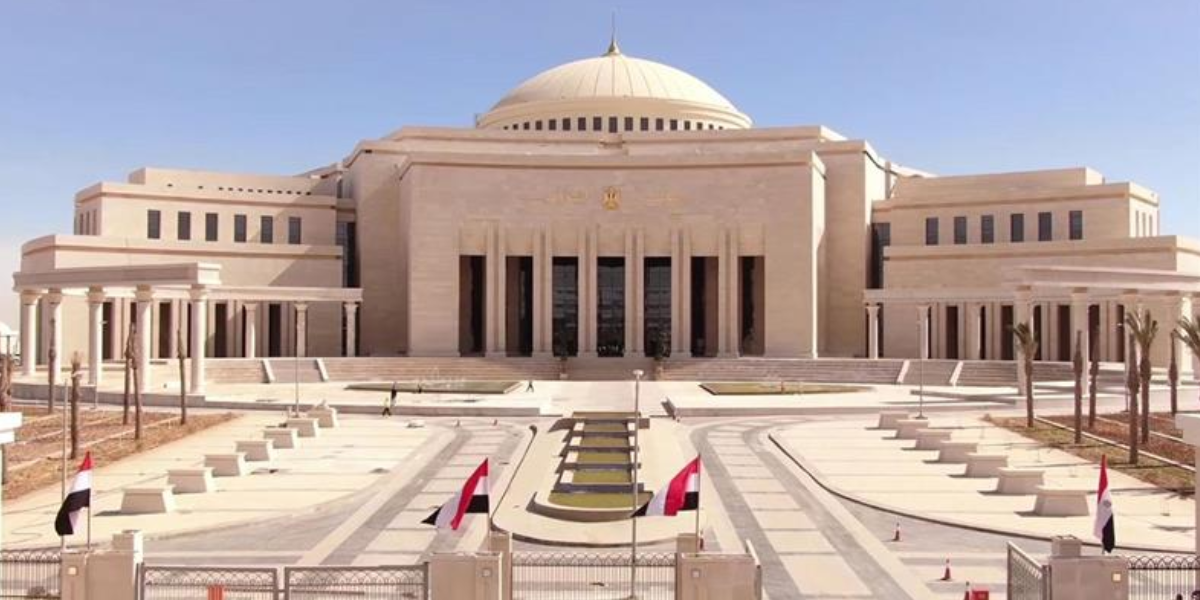Following consultations in Egypt under Article IV of its articles of agreement the International Monetary Fund (IMF) has reported that measures implemented have begun to produce a turnaround in the economic situation in Egypt after the years of political instability. Prospects for growth and employment are expected to improve with growth reaching 3.8% in 2014/15 and rising in the medium term to 5%. The economy is however vulnerable to adverse global developments and regional security risks.
The IMF considers that fiscal consolidation would bring the deficit down to less than 8% by 2018/19 and would begin to bring down the government debt. The reforms recommended by the IMF would include reforms to subsidies to make them more efficient and an increase in taxes on high earners. There would also be strengthened social safety nets achieved by cash transfers. Reforms to the regulatory framework for business and investment as well as the development of the financial sector are seen by the IMF as critical to boost private sector growth.
There is also a need to broaden tax revenues and control government spending. The IMF recommends that Egypt should go ahead with the introduction of a modern value added tax (VAT) with a broad tax base, together with continuing reforms of subsidies.
A modern type VAT would normally be charged on a wide range of goods and services, so provided that the number of exemptions is not too great this would have the effect of broadening the tax base. A VAT system does however impose compliance costs on registered businesses.
During a conference call to discuss the report the IMF mission chief said that different governments in Egypt have been trying to introduce a VAT over the past twenty years and have run into obstacles. The source of the obstacles is not clear but the IMF has been working with Egypt on technical issues in relation to the introduction of VAT. Fiscal experts from the IMF who have guided the introduction of VAT in other countries have been working with the Egyptian government.













